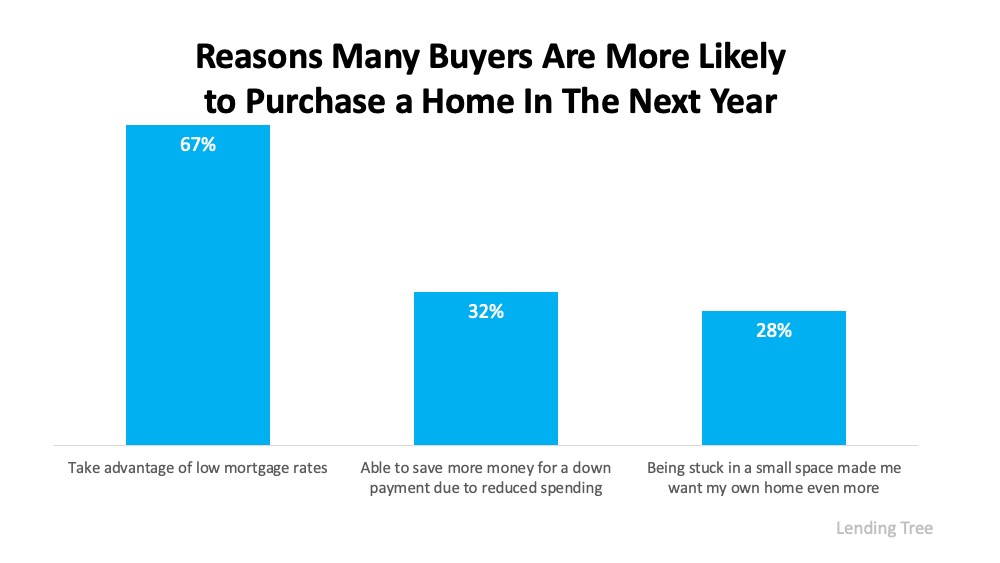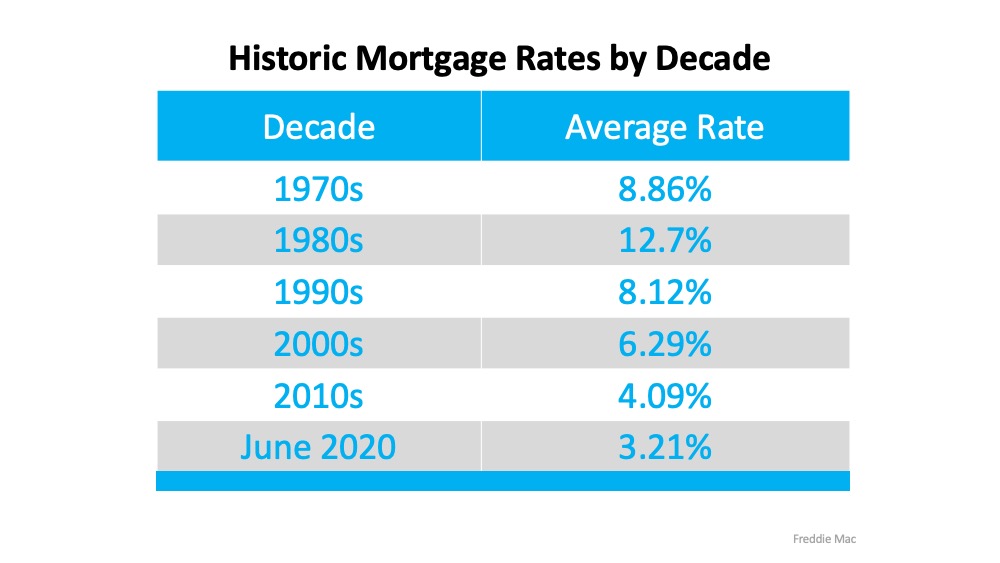Fannie Mae: ‘Home Price Expectations Were Up Strongly This Month’
Fannie Mae: ‘Home Price Expectations Were Up Strongly This Month’
The Fannie Mae Home Purchase Sentiment Index (HPSI) increased 3.5 points in September to 81.0, rising for the second consecutive month and continuing the rebound from late spring.
Three of the six HPSI components increased month over month, with consumers reporting a substantially more optimistic view of home-selling conditions, expected home price growth, and the labor market, but a more pessimistic view of home-buying conditions and mortgage rate expectations.
Year over year, the HPSI is down 10.5 points.
“The HPSI has recovered more than half of the early pandemic-period decline, mirroring the strong home purchase activity of the past few months,” says Doug Duncan, senior vice president and chief economist. “Consumers’ home price expectations were up strongly this month, with high home prices playing an increasingly – though unsurprisingly – important role in driving both the increase in ‘good time to sell’ sentiment and the decline in ‘good time to buy’ sentiment.
“Going forward, we believe the wild card to be whether enough sellers enter the market to continue to meet the strong home-buying demand,” Duncan says. “The home purchase market requires the proper mix of home price growth and continued economic recovery to achieve sustainable levels of housing activity.”
Some highlights from September’s National Housing Survey:
Good/Bad Time to Buy: The percentage of respondents who say it is a good time to buy a home decreased from 59% to 54%, while the percentage who say it is a bad time to buy increased from 35% to 38%. As a result, the net share of Americans who say it is a good time to buy decreased 8 percentage points.
Good/Bad Time to Sell: The percentage of respondents who say it is a good time to sell a home increased from 48% to 56%, while the percentage who say it’s a bad time to sell decreased from 44% to 38%. As a result, the net share of those who say it is a good time to sell increased 14 percentage points.
Home Price Expectations: The percentage of respondents who say home prices will go up in the next 12 months increased this month from 33% to 41%, while the percentage who said home prices will go down decreased from 26% to 17%. The share who think home prices will stay the same was unchanged at 34%. As a result, the net share of Americans who say home prices will go up increased 17 percentage points.
Mortgage Rate Expectations: The percentage of respondents who say mortgage rates will go down in the next 12 months decreased this month from 17% to 11%, while the percentage who expect mortgage rates to go up increased from 33% to 38%. The share who think mortgage rates will stay the same decreased from 45% to 44%. As a result, the net share of Americans who say mortgage rates will go down over the next 12 months decreased 11 percentage points.
Job Concerns: The percentage of respondents who say they are not concerned about losing their job in the next 12 months increased from 78% to 83%, while the percentage who say they are concerned decreased from 22% to 16%. As a result, the net share of Americans who say they are not concerned about losing their job increased 11 percentage points.
Household Income: The percentage of respondents who say their household income is significantly higher than it was 12 months ago decreased from 25% to 24%, while the percentage who say their household income is significantly lower increased from 16% to 17%. The percentage who say their household income is about the same remained unchanged at 59%. As a result, the net share of those who say their household income is significantly higher than it was 12 months ago decreased 2 percentage points.




.jpg)
/arc-anglerfish-arc2-prod-dmn.s3.amazonaws.com/public/G5AMJKVFLJB5BORUONTMA6AA64.jpg)
/arc-anglerfish-arc2-prod-dmn.s3.amazonaws.com/public/3U2OSOXNKBCVRCNMQVH7B66VCE.jpg)





